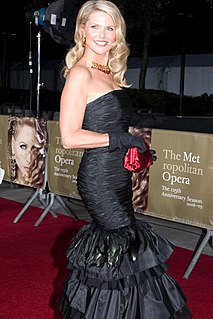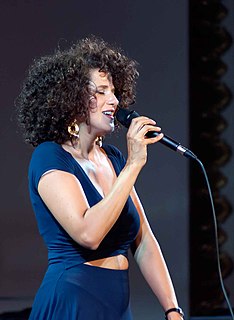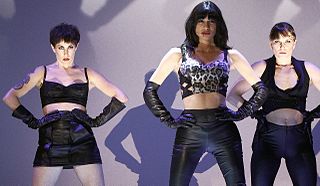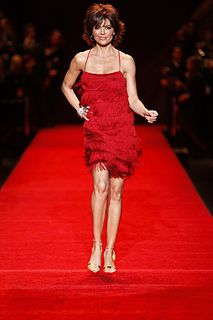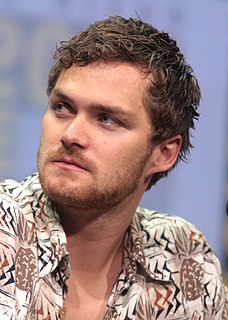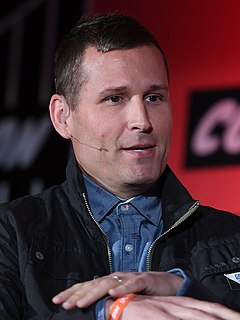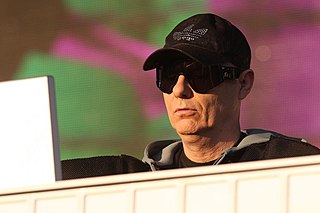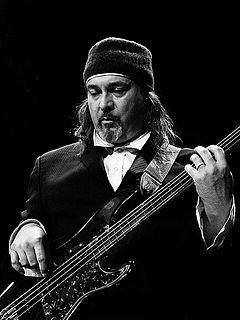A Quote by Christie Brinkley
Related Quotes
You put music in categories because you need to define a sound, but when you don't play it on your so-called radio stations that claim to be R&B or jazz or whatever... All music is dance music. But when people think of dance music, they think of techno or just house. Anything you can dance to is dance music. I don't care if it's classical, funk, salsa, reggae, calypso; it's all dance music.
The lack of quality dance music and the fact that here in the United States, house music is not seen as anything viable by the music industry. I figured that this might be another shot at the industry looking at the possibilities of house music and giving it a little bit more legitimacy than what they give it. It's a host of different things, but it's something that I needed to say musically.
Obviously, it's had a huge effect on repetitive music or dance music or house music. Ambient in the last ten years has infiltrated into all those repetitive musics. I don't know what part it plays in pop necessarily but I'm sure there's some connection. But in all the music that deals with experimental repetition, drum and bass, dub, various kinds of house music, there's always been a quality of atmosphere and ambience. I think it's infiltrated that pretty heavily.
